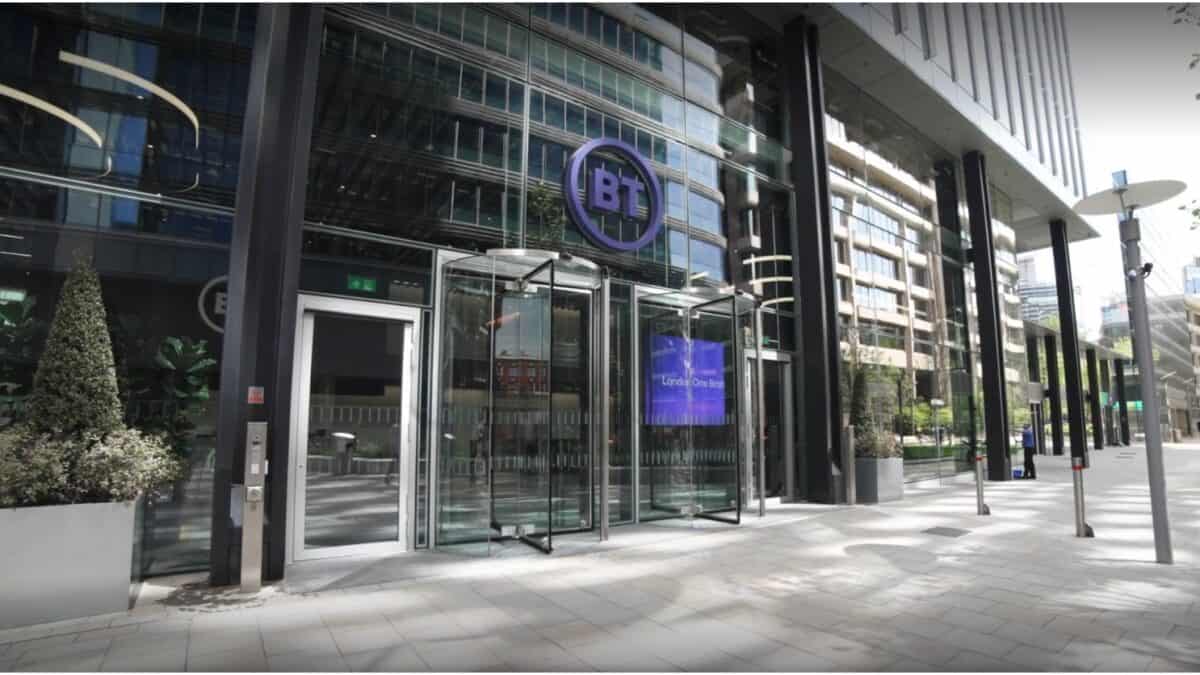The BT (LSE:BT.A) share price has moved between £1 and £2 for the last five years. It’s one of the hardest stocks to value for several reasons, and understandably investors are hesitant to put their money behind it. So, is it worth considering as the stock comes close to that £1 level.
BT share price targets
When I’m trying to understand how much a stock should be worth, one of the best places to start is share price targets. These are targets issued by City and Wall Street analysts, and they give us an idea of perceived value.
The average BT share price target is currently £1.82, representing a 72.7% premium to the share price as I write. That’s clearly a very good sign. There are very few companies trading so far below their average share price targets.
However, there’s quite a spread of analysts’ targets. In fact, the difference between the highest and lowest share price target is 173.4%. This goes to highlight how BT is one of the hardest stocks to value.
On the topic of price targets, it’s worth noting that analysts don’t always update their targets with great frequency. It can pay us to focus on the most recently updated guidance.
JPMorgan says ‘Buy’
One of the most recently updated ratings was from JPMorgan Cazenove. The bank rates the stock at ‘Overweight’ — an overweight rating indicates that the stock is trading below fair value — with a 290p price target. However, it recognises that BT’s intrinsic value is up for debate with many analysts questioning the company’s growth trajectory and returns on fibre investments.
JP Morgan also noted that volatility relates to uncertainty regards the company’s growth prospects, competition within the fibre space, and free cash flow. Within this context, the bank called on the new CEO Allison Kirkby to provide some medium-term guidance.
It may be some years before we have a clear line of sight on the returns generated from BT’s investments in fibre infrastructure. This poor visibility can mean greater volatility.
Unexciting for now
BT’s earnings forecast, created from the consensus of analysts, isn’t overly exciting. The firm is projected to report earnings per share of 15.6p in 2024, 15.8 in 2025, and 15.7 in 2026. There’s nothing exciting about investing in a company that’s standing still. Of course, things can change.
The above earnings projects mean that BT is trading around 6.8 times forward earnings. That’s clearly not expensive, but BT has a big debt burden. The company’s net debt position is £19.9bn — up from £18.9bn in March.
Much of this debt reflects the cost of its fibre rollout. It costs around £85m to roll out Fibre to the Premises to 100,000 households. Under the current plans, BT will require a further £15bn in capex over the years to 2029.
The bottom line
BT certainly isn’t a bad investment opportunity. It’s cheap, the dividend yield of 7.5% is pretty strong, and coverage around two times is healthy. However, as JPMorgan highlights, we need more forward guidance. I don’t see it as a slam-dunk Buy for me, but I’m interested.








